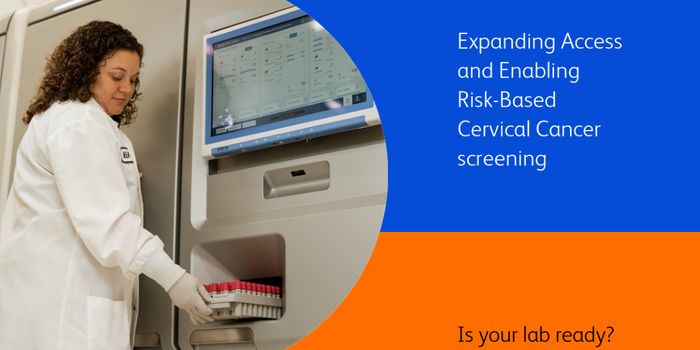Understanding the risk of thrombosis for cancer patients
New research from the Comprehensive Cancer Center (CCC) of Medical University of Vienna and Vienna General Hospital suggests that patients with cancer treated with immune checkpoint inhibitors are at substantial risk of developing venous and arterial thromboembolism (VTE/ATE). The retrospective study, conducted with data from cancer patients treated with immune checkpoint inhibitors from 2015 to 2018, focused on patients with melanoma and non-small cell lung cancer. The study’s findings are published in the journal Blood.
"Patients who are treated with immune checkpoint inhibitors have often had previous cancer treatment and, in most cases, have advanced cancers. We might therefore expect a significant risk of thromboembolism but, so far, the large-scale treatment studies conducted for immune checkpoint inhibitors have not reported on it," says Principal Investigator Cihan Ay.
In exploring the clinical impact of immune checkpoint inhibitor treatment, the team found that VTE under immune checkpoint inhibitors strongly impairs clinical outcomes and is associated with increased mortality. "The cumulative incidence of venous thromboembolism was 12.9% and of arterial thromboses 1.8%. This risk appears to be independent of the underlying type of cancer and the immune checkpoint inhibitor used since similar rates of thrombosis were observed in these subgroups," explains study author Florian Moik.
Additionally, they determined not only that VTE is quite challenging to predict, but also that it is associated with a shorter time before tumor progression and could cause delays or discontinuation of treatment altogether.
"The results underscore the negative impact of venous and arterial thromboembolism on the clinical course of cancer patients," says study author Florian Moik. "This study fails to determine whether the high risk of thromboembolism that has been observed has a causal link with immune-checkpoint-inhibitor therapy or merely reflects the underlying basic risk in this patient group." Irrespective of this, he believes it is important to build awareness of these complications, particularly in the light of the high efficacy of this new cancer treatment. "This paper, therefore, serves as a basis for future studies with a view to identifying patients who could benefit from thrombosis prophylaxis, especially to prevent venous thromboembolism."
Sources: Blood, Eureka Alert








